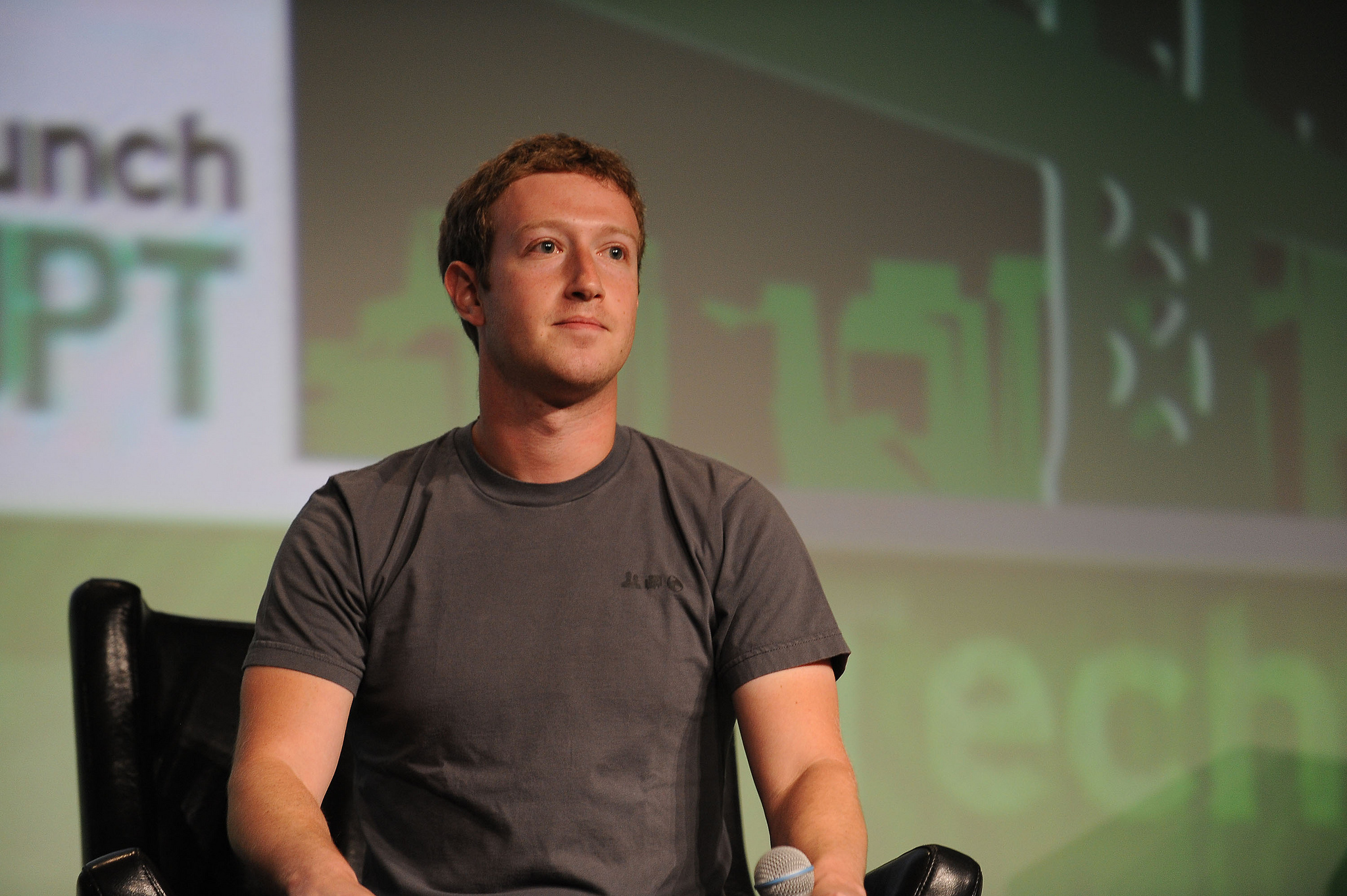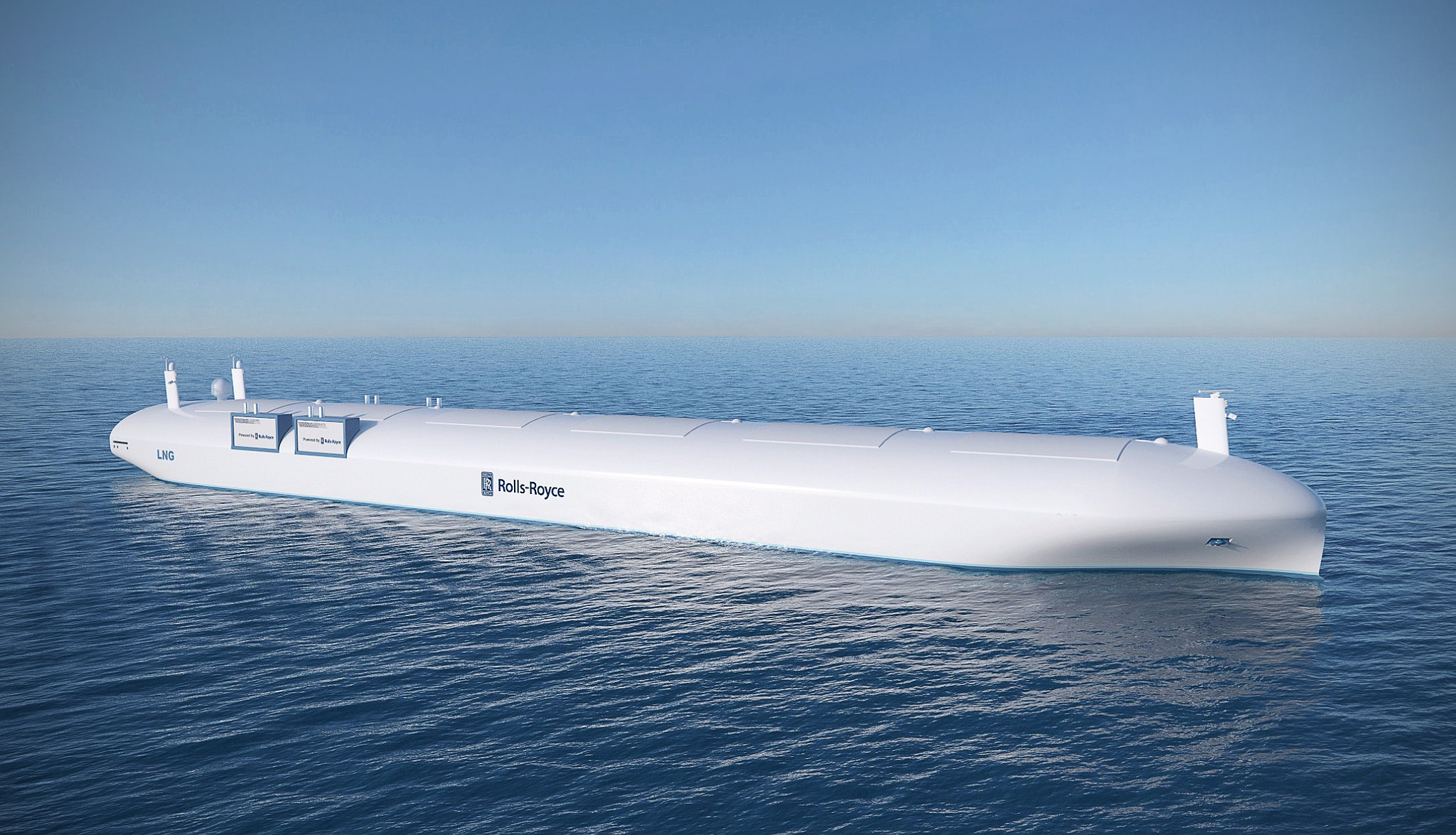Welcome to the weekly Cool Stuff Roundup (trademark pending), where we collect the best stories from Freethink’s Slack channel, and share it with you.
We’ve been on an artificial intelligence kick this week, so there’s a lot of that. Plus, some intro-level primers on physics and nanobots, and a brewing controversy over who created “optogenetics.”
Leaders in Silicon Valley are working together on an ethical framework for artificial intelligence
One way to measure the significance of a given tech issue is to look at whether Silicon Valley companies are worrying about it together or separately. Let’s call it the SOPA Rule, named for the 2011 bill that was so bad, Google, Wikipedia, and 7,000 other websites organized an internet black-out to protest it. Whether smartphones should have headphone jacks does not follow the SOPA Rule. But it looks like artificial intelligence will.
According to The New York Times, representatives from Alphabet (nee Google), Amazon, Facebook, IBM, Microsoft and several other Valley companies have formed a yet-to-be-named working group dedicated to “ensur(ing) that A.I. research is focused on benefiting people, not hurting them.” What will the group call itself? What will it actually do? Nobody knows yet. But it takes a big issue to bring all those people to the same table.

A beginner’s guide to entropy
“Imagine you dropped an egg on the floor. Every atomic motion taking place in this messy event could have happened in reverse. The pieces of the egg could theoretically start on the floor, hurtle towards each other, reforming into an egg as it lifts off the ground, travel up through the air, and arrive gently in your hand. The movement of every atom in this time-reversed egg would still be perfectly consistent with the laws of physics. And yet, this never happens.”
…and nanotechnology
In partnership with Arizona State University and the New America Foundation, Slate is offering free, month-long courses on various emerging technologies. September’s topic is nanotechnology, a field both vast and tiny (it involves making robots and transistors that are naked to the human eye). Start with the primer, and follow along throughout September here.
Elon Musk is inching closer to combining natural and artificial intelligence
In one timeline, human beings create artificial intelligence. In Elon Musk’s timeline humans integrate artificial intelligence into their own brains. At least we think that’s what Musk is talking about it when he claims to be “making progress” on something called a “neural lace.”
“Hypothetically, neural lace systems could wirelessly transmit signals to external devices,” writes Joe Carmichael at Inverse. “Instead of typing clumsily on a smartphone’s keyboard, we could think our messages into existence. Another, seemingly more ambitious use would flip the switch, and allow the lace to communicate with neurons via electrochemical stimulation.”
Or as Musk put it back in June: “Creating a neural lace is the thing that really matters for humanity to achieve symbiosis with machines.”
Get ready for self-sailing ships
The Wall Street Journal reports on the future of unmanned cargo ships, which “could herald the biggest change in shipping since diesel engines replaced steam.” Meanwhile, Pittsburgh Mayor William Peduto talks to the Washington Post about his decision to welcome Uber’s driverless car program to Steel City: “It’s a small city, so you can do things here; it doesn’t get bogged down in red tape.”

What happens when a huge medical breakthrough has more than one creator?
A new therapeutic technique called “optogenetics” has the potential to change the way we treat conditions from blindness to chronic pain by allowing us to stimulate neurons using light. It’s the kind of cutting edge medical science that school kids of the future will learn about, along with penicillin and chemotherapy. The only problem? There’s some question over who actually came up with the idea in the first place.




